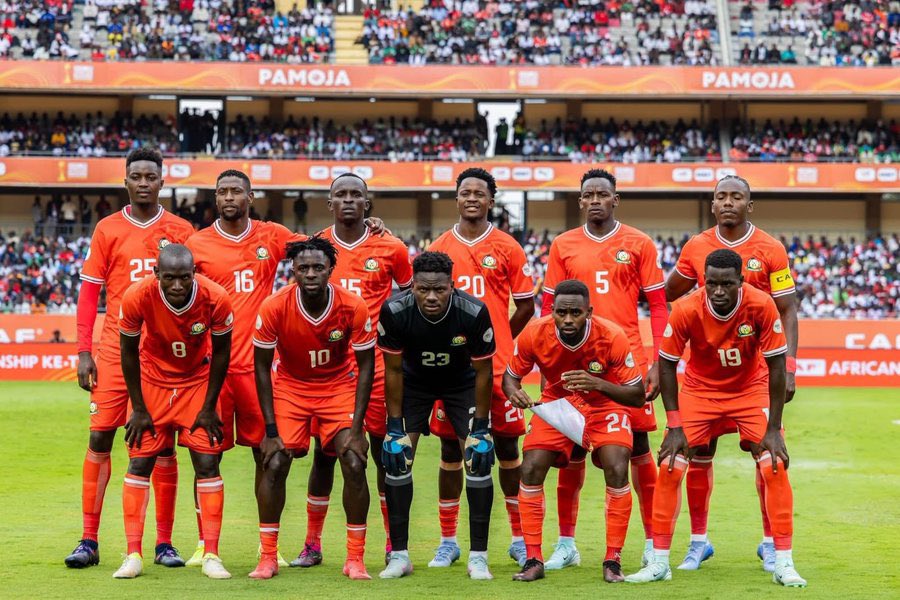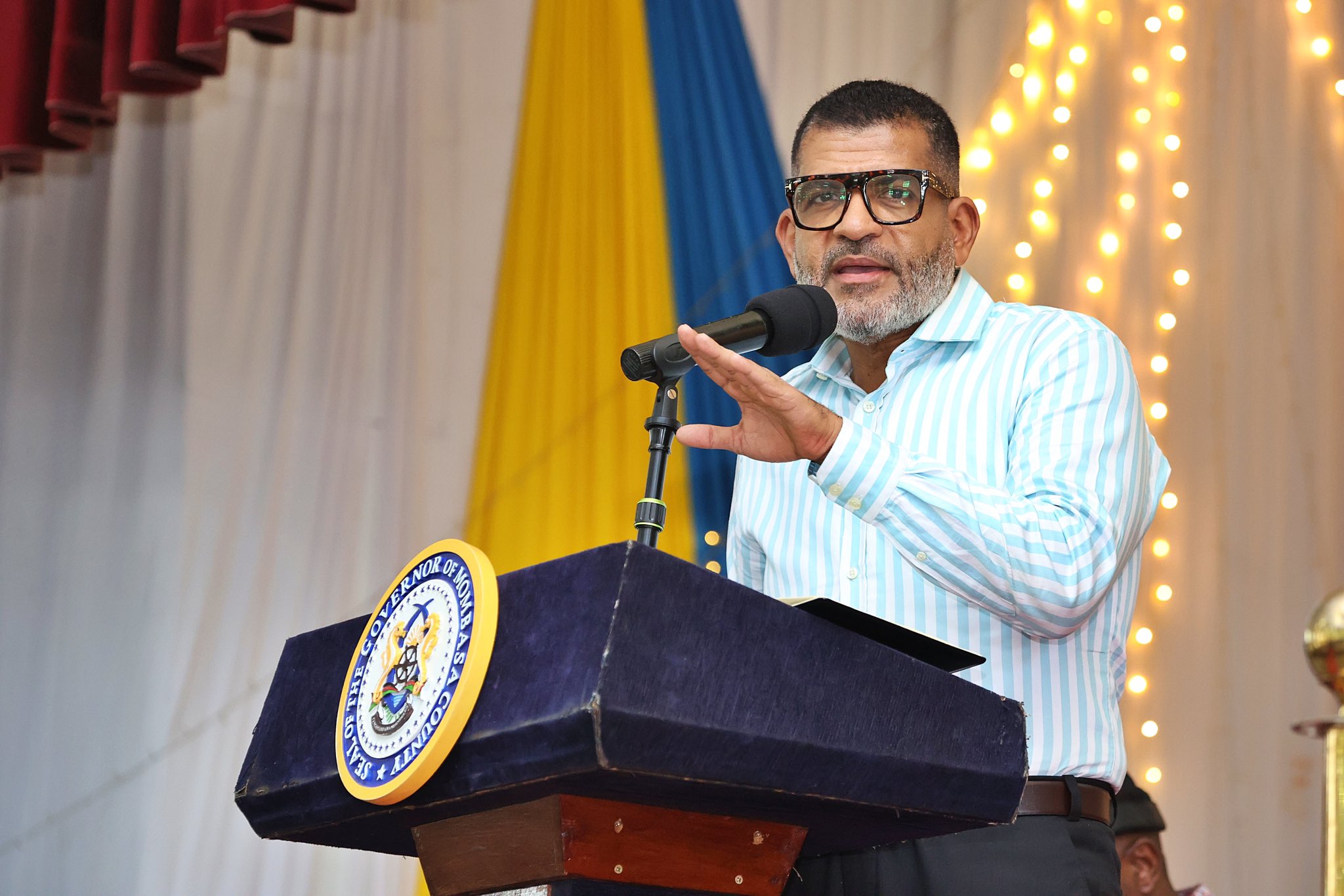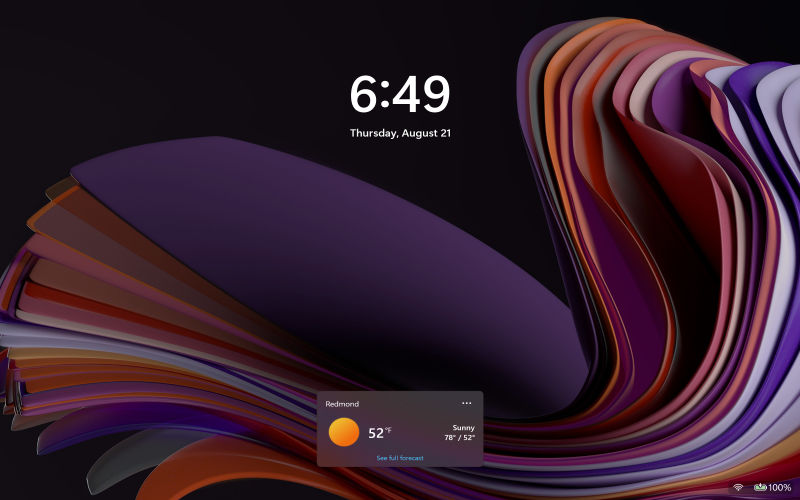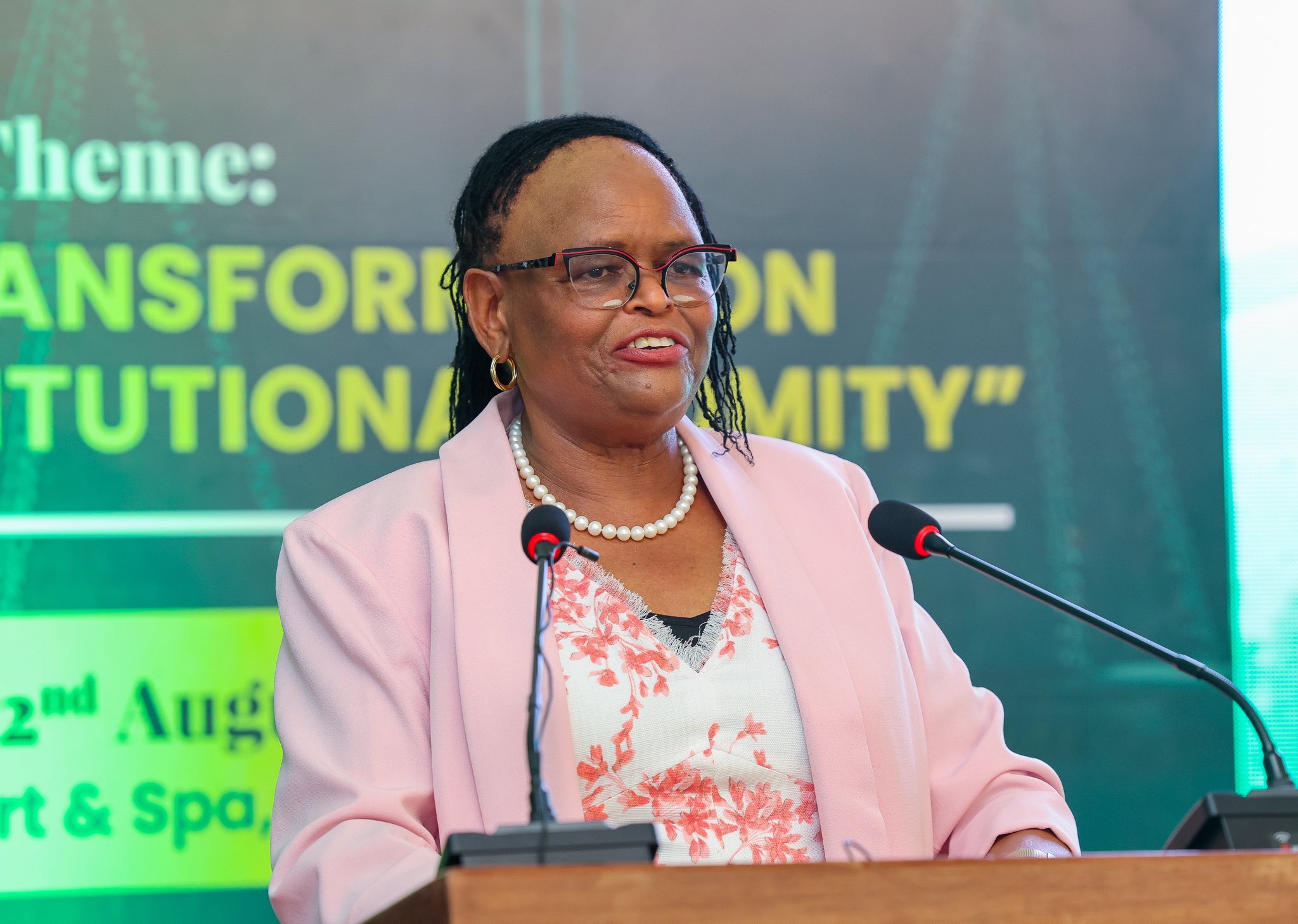Kenya acquires advanced cyber tools sparking privacy concerns

While officially aimed at bolstering national digital infrastructure against cyber threats, concerns are mounting over how these "military-grade" firewalls could be used to monitor citizens' online activities.
The Kenyan government's move to acquire advanced cybersecurity tools, funded by the World Bank, has sparked a heated debate, with human rights advocates raising alarms about potential mass surveillance capabilities.
While officially aimed at bolstering national digital infrastructure against cyber threats, concerns are mounting over how these "military-grade" firewalls could be used to monitor citizens' online activities.
More To Read
- 1,200 arrested, Sh12 billion seized in major Interpol cybercrime crackdown across Africa
- Kenyan banks tighten oversight of third-party tech firms amid rising cyber threats
- Dropbox set to discontinue password manager, users urged to export data
- CBK moves to revise 2017 cyber rules as fraudsters exploit new technology
- Kenya records historic cyber attack surge with 4.6 billion threats in four months this year
- Kenya's cyber threats soar 202 per cent in Q1, hitting 2.5 billion
Through a tender issued on Tuesday, June 17, by the Information and Communications Technology Authority (ICTA), Kenya is seeking to purchase high-performance internet gateway perimeter firewalls, internal network protections, and a central management system.
These tools, part of the Kenya Digital Economy Acceleration Project, are described as capable of deep packet inspection, allowing them to track browsing history, inspect communications, and collect data on online behaviour.
Critics argue that the timing of this acquisition is particularly concerning given recent reports of hacking, monitoring, and even abductions in the country. "Without clear legal frameworks and independent oversight, such technologies could be misused to conduct mass surveillance or suppress dissent," stated experts.
The tender documentation itself highlights the power of these enterprise-grade firewalls, noting their potential for national-scale surveillance if configured for that purpose.
Khalid Noor, an Eastleigh resident, voiced widespread apprehension, telling The Eastleigh Voice, "Right now, the government says it’s about cybersecurity, and maybe that’s true. But without transparency, it’s impossible to know. So, like everyone else, I’m watching closely.”
The tender, an internationally competitive process required by World Bank funding rules, aims to secure top-tier global security systems.
However, the lack of public details on how these powerful tools will be managed, who will control the collected data, or how misuse will be prevented, has fueled calls for greater transparency, clearer laws, and stronger safeguards.
These concerns are further heightened by Kenya's perceived lack of comprehensive national laws governing digital privacy or data protection, despite the existence of the Data Protection Act, 2019 and amendments to the Computer Misuse and Cybercrimes Act.
The bidding for the cybersecurity contract will close on July 31, 2025.
Top Stories Today













































